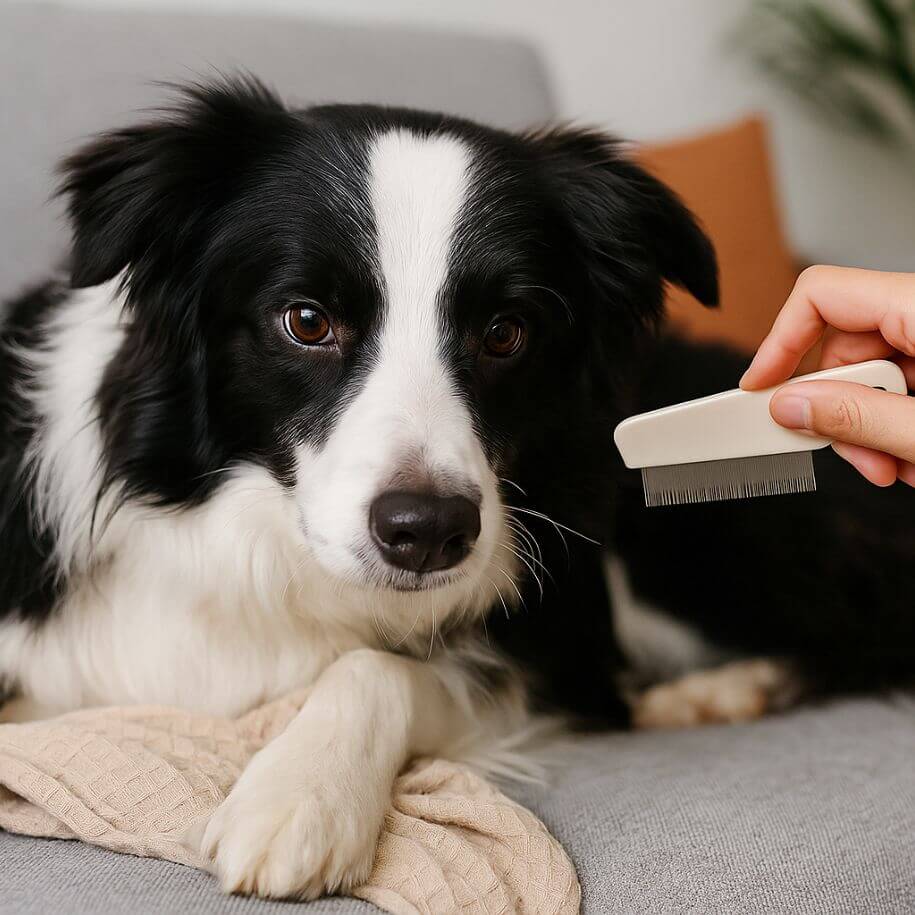
The decision to spay or neuter your pet could be one of the most significant you make for their long-term health—and your wallet! However, most pet owners sometimes fall so deeply in love with their animals that they fail to identify what is right for them. But thankfully, after giving this article a thorough read, you will realize the importance of having your dog neutered and spayed.
What are "Neutering" and "Spaying?"
Surgical methods such as spaying and neutering stop pets from reproducing. Spaying alludes to eliminating a female dog's or cat's reproductive organs, while neutering refers to removing a male dog's or cat's testicles. The procedures are always carried out while the animal is sedated. After a few days, the animal may require sutures to be removed, depending on the operation.
When Should Your Pet Be Spayed or Neutered?
It would help if you waited until your dog is at least six months old and even longer in the case of larger dogs. The advantages are significantly more significant in larger dogs, but there isn't much distinction in lap dogs. According to studies, large dogs spayed before six months of age have a greater risk of orthopedic disorders and certain malignancies, but the risk is substantially reduced at 12 months.
It would seem optimal to let female dogs live as long as appropriate before spaying them right before their first heat, but predicting when that first heat will occur is difficult.
Spaying & Neutering are Both Safe Procedures.
Spaying and neutering are both safe procedures. The dangers aren't from the operation itself, but from any post problems, your cat may have. This is why, before surgery, we must confirm that your pet is healthy. Issues may occur during the process, although this is true of any form of surgery, and they are incredibly uncommon.
Why Aren't People Having Their Pets Spayed or Neutered?
Some individuals are so devoted to their pets and believe they are so unique that they wish to pass on their love by allowing them to have children, which is reasonable. Another factor is most likely ignorance. People are unaware of how many pets are euthanized each year due to homelessness in the thousands.
Perhaps, by raising awareness about the problem of pet overpopulation, we can reduce the number of unwanted pets. Moreover, here's a quick overview as to why some people put off having their pets neutered or spayed.
● The personality of my pet will shift.
Any improvement will be for the better. Your pet will be less hostile toward other cats or dogs after being altered, have a better personality, and be less likely to wander. Spraying (urine marking), which dogs and cats commonly use to mark their territory, decreases or stops after altered pets.
● My pet will gain weight and become sedentary.
Spaying or neutering your pet may reduce their overall activity level, natural propensity to wander, and hormonal balances, which may impact appetite. Pets who become overweight and bone idle after being altered are typically overfed and do not get enough strength training.
● My children should be present when our pet gives birth.
Pets frequently have a litter in the middle of the night or a location of their choosing. Because pets require privacy when giving birth, any unwelcome intrusion can end up causing the mother to become visibly upset. These encroachments can lead to a refusal to care for the offspring or cause injury to the owners or the pet.

● We want to get another pet like Rover and Fluffy.
When two purebred animals are bred, the offspring are rarely identical to one of the parents. It is nearly impossible to have offspring identical to one of the parents when breeding mixed breeds.
● We can make money by selling puppies and kittens.
Even well-known breeders are lucky if they can break even on purebred litters. The majority of the "financial gain" is consumed by the cost of raising such litter, which includes stud fees, vaccinations and other costs of healthcare, and feeding quality food. Breeders who are well-known raise breeds that they enjoy. In addition, these breeders strive to set the bar high for the breeds they raise.





